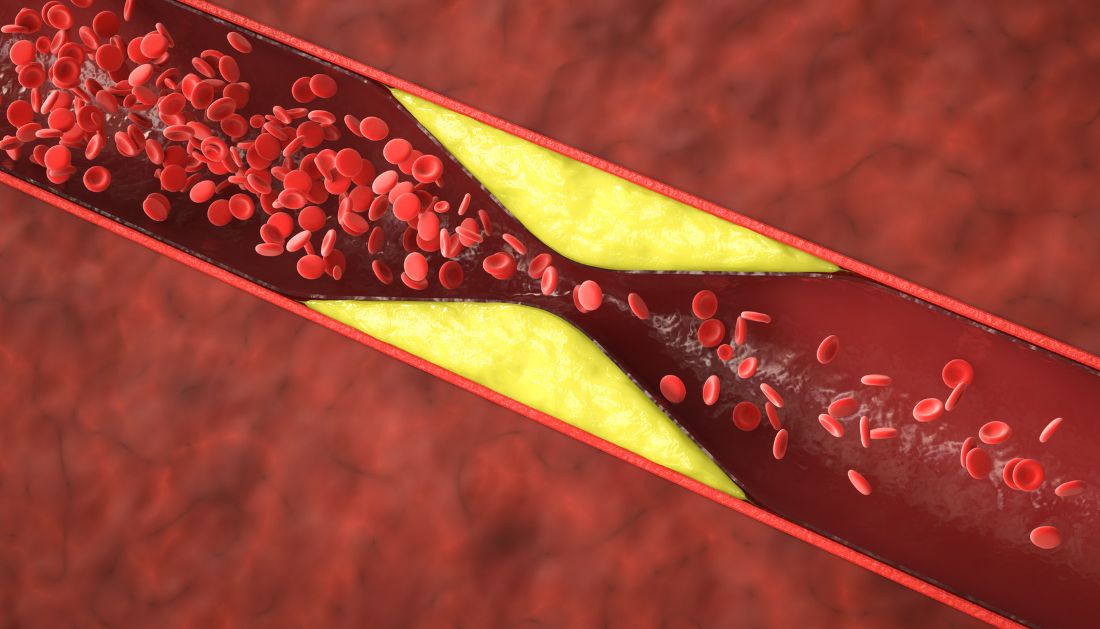

What Are Statins Used For?
Statins are widely prescribed cholesterol-lowering medications that reduce the risk of heart attacks, strokes, and other cardiovascular diseases. These drugs work by lowering cholesterol production in the liver and have known anti-inflammatory effects. Because of this, some smaller studies suggested that statins might also help treat depression, especially in patients with obesity, a group at higher risk for both conditions.
The Latest Research on Statins and Depression
To investigate this possible link, researchers at Charité – Universitätsmedizin Berlin conducted a large, randomized, double-blind study. The team, led by Prof. Christian Otte, examined whether statins could provide additional benefits for patients with depression.
In the 12-week study, 161 patients who had both obesity and moderate-to-severe depression were treated with the antidepressant escitalopram. Half of the group also received simvastatin, a commonly used statin, while the other half received a placebo.
The Study’s Outcome
Both groups showed improvement in depressive symptoms over the 12 weeks. However, the researchers found no significant difference in depression outcomes between those taking statins and those receiving a placebo. While statin users did see expected improvements in cholesterol levels and a reduction in inflammation markers like C-reactive protein (CRP), these changes did not translate into better mental health outcomes.
“We saw no indication that statins offered an additional antidepressive benefit,” said Dr. Woo Ri Chae, co-lead author of the study. The researchers concluded that while statins effectively manage cardiovascular risk, they should not be used to treat depression.
What This Means for Patients
Despite promising theories, the evidence now suggests that statins should remain strictly within their approved use—to lower cholesterol and reduce cardiovascular risk. For those managing depression, traditional antidepressants remain the most effective treatment.
Healthcare professionals should continue to follow standard treatment guidelines and avoid prescribing statins for mental health benefits. The research team is currently analyzing blood samples on a cellular level for deeper insights and is working on improved treatment strategies for patients with both depression and chronic physical illnesses.
more recommended stories
 High-Fat Diets Cause Damage to Metabolic Health
High-Fat Diets Cause Damage to Metabolic HealthKey Points Takeaways High-fat and ketogenic.
 Acute Ischemic Stroke: New Evidence for Neuroprotection
Acute Ischemic Stroke: New Evidence for NeuroprotectionKey Highlights A Phase III clinical.
 Statins Rarely Cause Side Effects, Large Trials Show
Statins Rarely Cause Side Effects, Large Trials ShowKey Points at a Glance Large.
 Anxiety Reduction and Emotional Support on Social Media
Anxiety Reduction and Emotional Support on Social MediaKey Summary Anxiety commonly begins in.
 Liquid Biopsy Measures Epigenetic Instability in Cancer
Liquid Biopsy Measures Epigenetic Instability in CancerKey Takeaways Johns Hopkins researchers developed.
 Human Antibody Drug Response Prediction Gets an Upgrade
Human Antibody Drug Response Prediction Gets an UpgradeKey Takeaways A new humanized antibody.
 Pancreatic Cancer Research: Triple-Drug Therapy Success
Pancreatic Cancer Research: Triple-Drug Therapy SuccessKey Summary Spanish researchers report complete.
 Immune Cell Epigenome Links Genetics and Life Experience
Immune Cell Epigenome Links Genetics and Life ExperienceKey Takeaway Summary Immune cell responses.
 Dietary Melatonin Linked to Depression Risk: New Study
Dietary Melatonin Linked to Depression Risk: New StudyKey Summary Cross-sectional analysis of 8,320.
 Chronic Pain Linked to CGIC Brain Circuit, Study Finds
Chronic Pain Linked to CGIC Brain Circuit, Study FindsKey Takeaways University of Colorado Boulder.

Leave a Comment